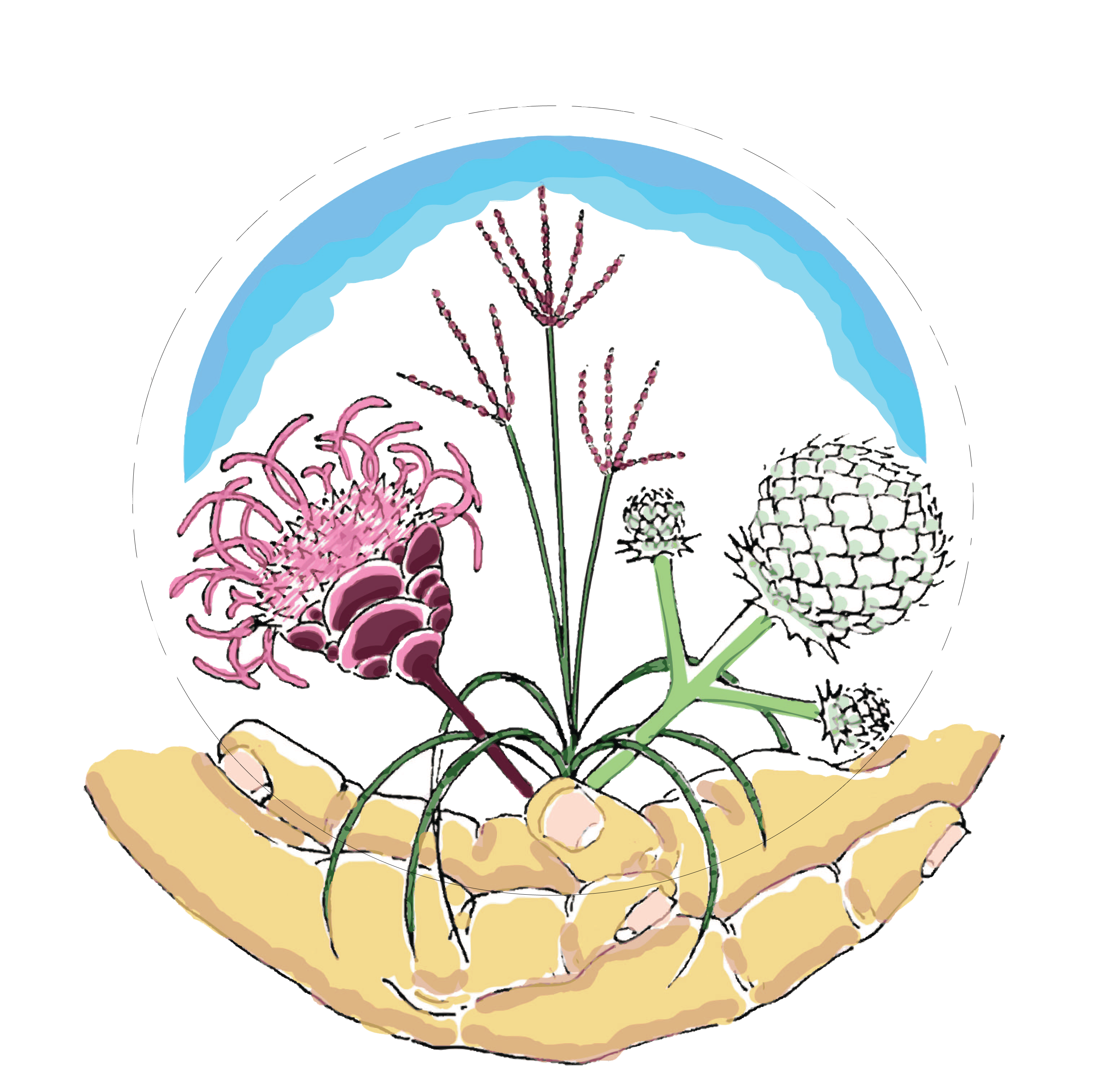
Conceptual display Green Building. Business approach A structure that - Source www.alamy.com
Our team has worked hard to analyze the market opportunities, research the latest advancements in winemaking technology, and interview industry thought leaders to assemble this informative guide. We are confident that this guide will help you make the right decision when it comes to choosing sustainable, artisanal, and environmentally responsible wines.
| Conventional Winemaking | Sustainable Winemaking | |
|---|---|---|
| Environmental Impact | Can be harmful to the environment due to the use of pesticides, herbicides, and fertilizers. | Minimizes environmental impact by using organic and sustainable practices such as cover cropping, composting, and integrated pest management. |
| Wine Quality | Can produce wines that are high in alcohol and low in acidity. | Produces wines that are balanced, flavorful, and have a lower alcohol content. |
| Cost | Can be more expensive than conventional winemaking due to the use of organic and sustainable practices. | Can be more cost-effective in the long run due to reduced input costs and increased wine quality. |
... Main article topics ...
FAQ
Valbuena is committed to crafting sustainable, artisanal, and environmentally responsible wines. This FAQ aims to provide detailed information about their practices and address any questions or concerns that consumers may have.

Retaining a sustainable and environmentally responsible native hardwood - Source reefresearch.foundation
Question 1: How does Valbuena define sustainability in winemaking?
Sustainability encompasses a holistic approach that considers the long-term well-being of the environment, social responsibility, and economic viability. Valbuena focuses on minimizing the impact of its operations on the local ecosystem, promoting biodiversity, conserving water resources, and reducing carbon emissions.
Question 2: What steps does Valbuena take to protect the environment?
Valbuena adheres to strict environmental standards. They use organic and biodynamic farming practices, minimize the use of chemicals, and implement water conservation measures. By preserving the natural balance of the vineyards, they protect the soil, air, and biodiversity.
Question 3: How does Valbuena ensure the artisanal nature of its wines?
Valbuena's wines are handcrafted with minimal intervention. They rely on traditional winemaking techniques, allowing the grapes to express their unique character. Fermentation takes place with native yeasts, and the wines are aged in oak barrels to enhance their complexity and elegance.
Question 4: What is Valbuena's social responsibility approach?
Valbuena values social equity and the well-being of its employees. They provide fair wages, safe working conditions, and opportunities for professional development. The winery also supports local communities through partnerships with schools and environmental organizations.
Question 5: How does Valbuena measure and monitor its environmental and social impact?
Valbuena has implemented a comprehensive sustainability program that includes regular audits, data collection, and reporting. This allows them to track progress, identify areas for improvement, and ensure compliance with sustainability standards.
Question 6: Why is Valbuena committed to sustainable winemaking?
Valbuena believes that producing wines in harmony with nature is essential for the future of their craft. They aim to leave a positive legacy for generations to come by preserving the environment, supporting their community, and creating wines that reflect the beauty and diversity of their vineyards.
In conclusion, Valbuena's commitment to sustainability, artisanal winemaking, and environmental responsibility is unwavering. Through their dedication to transparency and continuous improvement, they strive to set a benchmark for ethical and environmentally conscious wine production.
To learn more about Valbuena's sustainable practices, visit their website or contact their team directly.
Tips by Valbuena: Creating Sustainable, Artisanal And Environmentally Responsible Wines
Sustainable winemaking practices emphasize environmental conservation and social responsibility.

Native & Environmentally Friendly Landscaping in Brighton, MI - Source www.creatingsustainablelandscapes.com
Tip 1: Reduce Water Consumption: Implement drip irrigation and mulching techniques to minimize water usage, conserving this precious resource.
Tip 2: Minimize Chemical Treatments: Employ organic pest management practices, such as using beneficial insects and pheromone traps, to limit the use of synthetic chemicals that can harm ecosystems.
Tip 3: Preserve Biodiversity: Encourage wildlife habitats by planting native vegetation around vineyards and preserving riparian zones to promote biodiversity and ecosystem balance.
Tip 4: Utilize Sustainable Packaging: Opt for biodegradable or reusable packaging materials, reducing waste and minimizing the environmental impact of wine production.
Tip 5: Promote Renewable Energy: Invest in solar panels or wind turbines to generate clean energy, reducing the carbon footprint of winemaking operations.
By following these tips, wineries can create sustainable, artisanal wines that respect the environment and contribute to the well-being of future generations.
Valbuena: Creating Sustainable, Artisanal And Environmentally Responsible Wines
Valbuena has always believed that creating exquisite wines goes beyond the bottle, extending into the vineyards and the environment they inhabit. With a profound commitment to sustainability, artisan craftsmanship, and environmental stewardship, Valbuena has established six key aspects that guide every aspect of their winemaking process:
- Sustainable viticulture: Valbuena meticulously tends to their vineyard's health to preserve and enrich the ecosystem.
- Artisanal techniques: Traditional winemaking techniques are employed, avoiding mass production to emphasize品质 and attention to detail.
- Biodiversity: The vineyards foster diverse flora and fauna, promoting a harmonious balance within the ecosystem.
- Water conservation: Valbuena implements water-saving irrigation systems and promotes efficient water management.
- Waste reduction: The winery embraces waste reduction initiatives and promotes circularity in its operations.
- Community involvement: Valbuena actively engages with the community in environmental initiatives, sharing knowledge and promoting sustainable practices.
These aspects are not mere guidelines but deeply embedded principles that shape every decision at Valbuena. The result is not just exceptional, award-winning wines but a legacy of sustainability, environmental stewardship, and artisanal craftsmanship that will continue to inspire generations to come.

How to Make Small Business Environmentally Sustainable | Xero - Source www.xero.com
Valbuena: Creating Sustainable, Artisanal And Environmentally Responsible Wines
The drive towards sustainability, artisanal craftsmanship, and environmental responsibility has become increasingly prominent within the wine industry. Bodegas Valbuena, a renowned Spanish winery, exemplifies this commitment through its unwavering dedication to these principles. By employing sustainable viticulture practices, preserving traditional winemaking methods, and minimizing environmental impact, Valbuena creates wines that not only tantalize the palate but also uphold ethical and ecological values.

Creating An Environmentally Sustainable College Entrance Examination - Source slidesdocs.com
Valbuena's vineyards are cultivated with meticulous care, adhering to organic and biodynamic principles. This approach nurtures the soil's health, promotes biodiversity, and reduces reliance on synthetic chemicals. In the winery, traditional techniques such as spontaneous fermentation and aging in French oak barrels are employed to preserve the authentic character of the grapes. These methods allow the wine to express its terroir and vintage variations fully.
Beyond the vineyard and winery, Valbuena extends its commitment to sustainability through responsible water management, renewable energy sources, and waste reduction initiatives. By embracing these practices, Valbuena ensures the longevity of its vineyards, minimizes its ecological footprint, and contributes to the preservation of the surrounding environment.
| Sustainability | Artisanal | Responsibility |
|---|---|---|
| Organic viticulture, biodiversity | Spontaneous fermentation, oak aging | Water conservation, renewable energy |
| Soil health | Traditional winemaking techniques | Waste reduction |
Conclusion
Valbuena's dedication to sustainability, artisanal craftsmanship, and environmental responsibility sets a precedent for the wine industry. By harmonizing these principles, the winery produces exceptional wines that are not only a delight to the senses but also a reflection of its commitment to ethical and ecological values. Valbuena's approach serves as an inspiration, demonstrating that the pursuit of excellence in winemaking can coexist with a profound respect for the environment and a commitment to future generations.
As the demand for sustainable and ethical products continues to rise, wineries like Valbuena will play a pivotal role in shaping the future of the industry. Their unwavering dedication to these principles ensures the preservation of our planet's resources while delighting consumers with wines that are not just delicious but also a testament to responsible stewardship.



